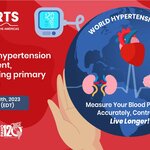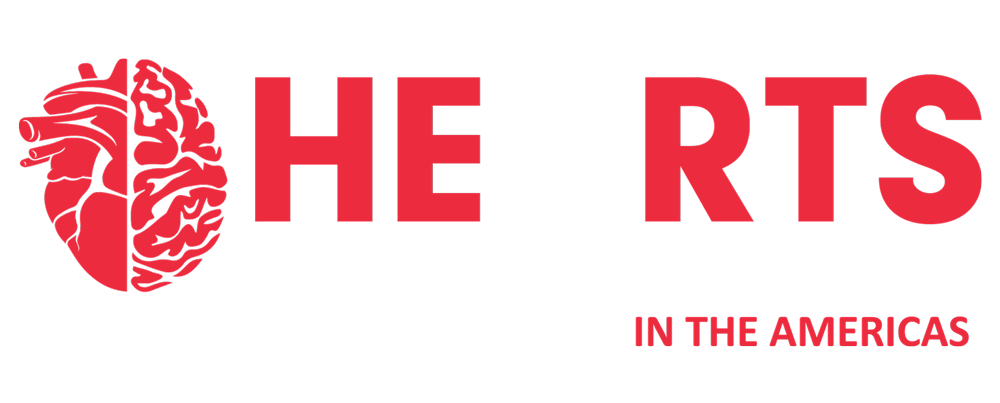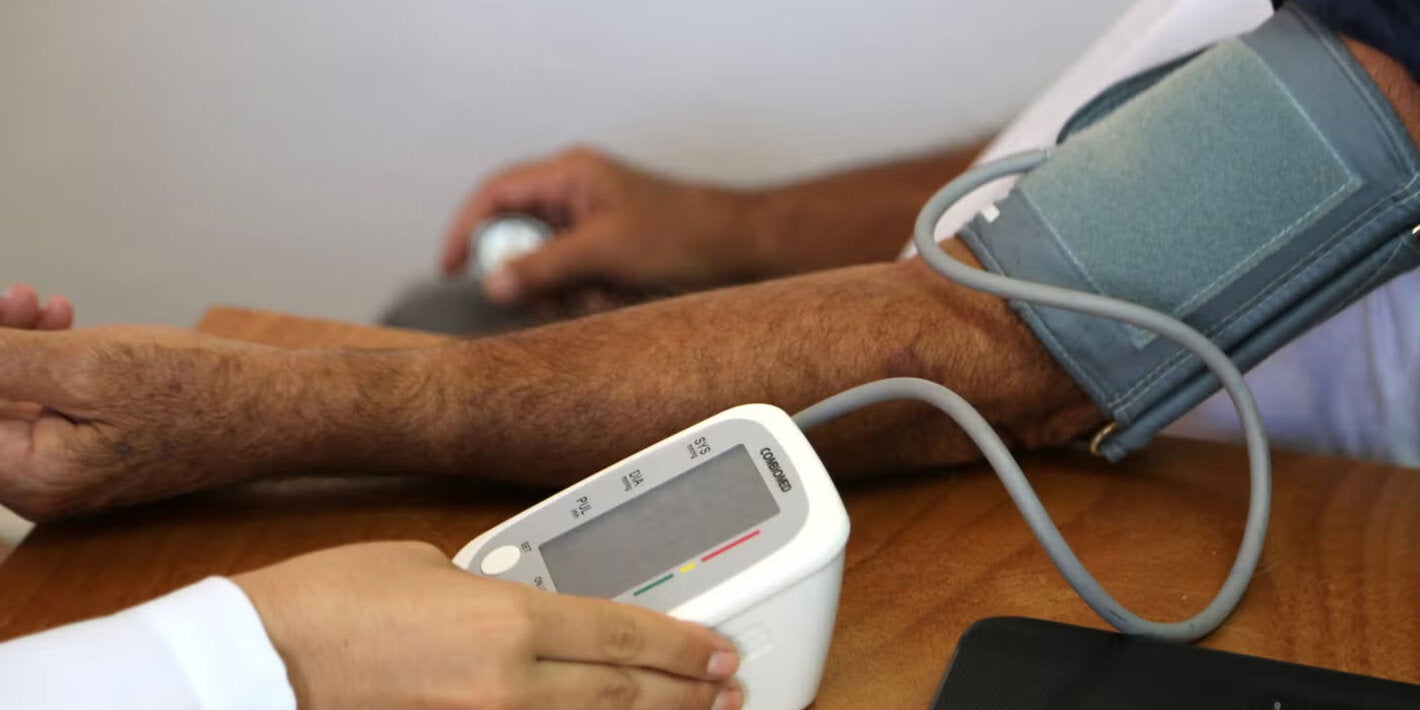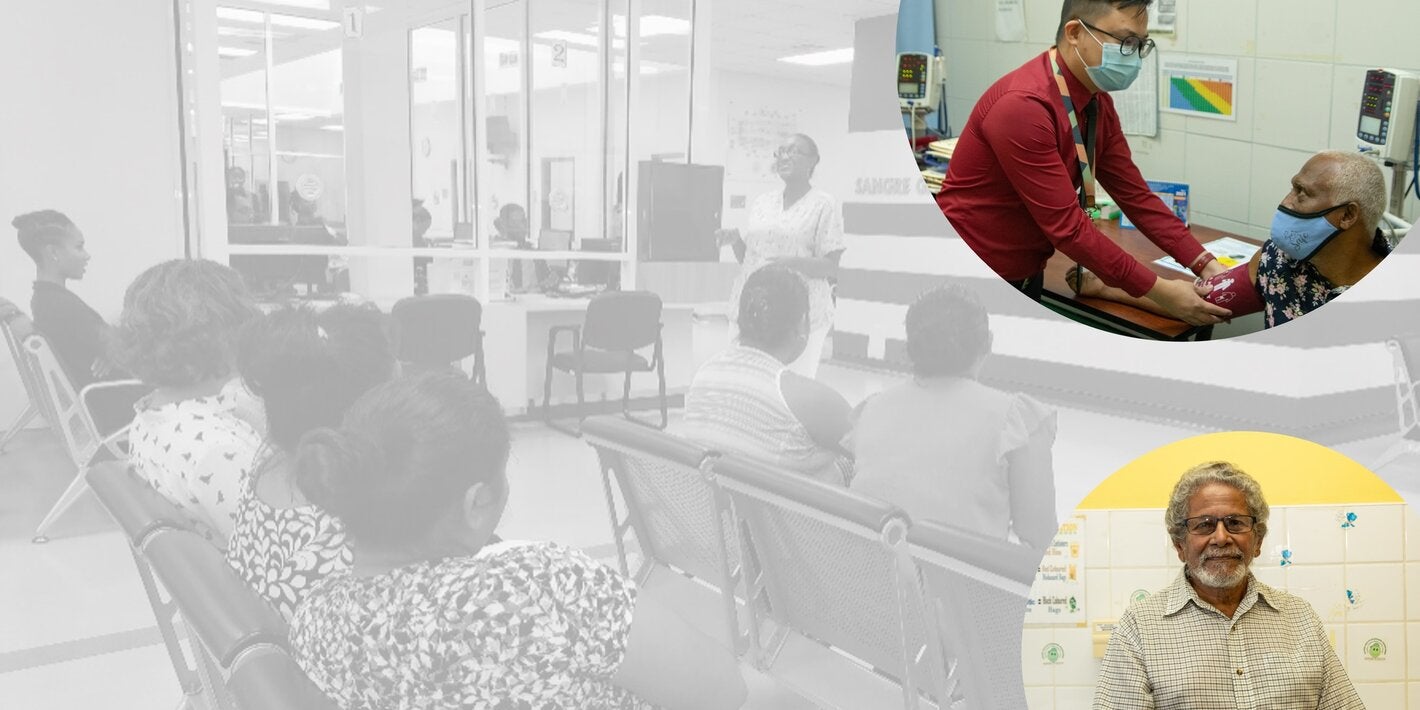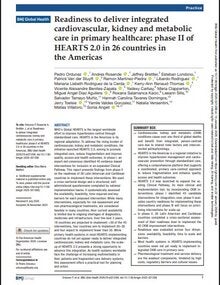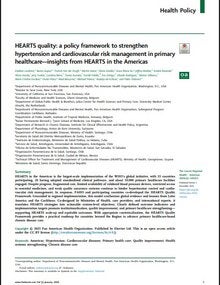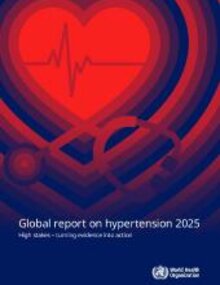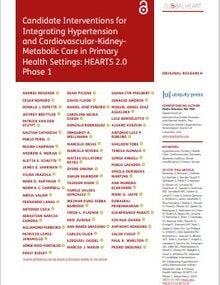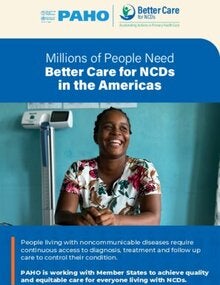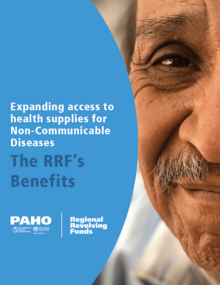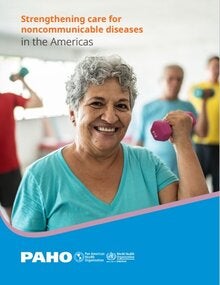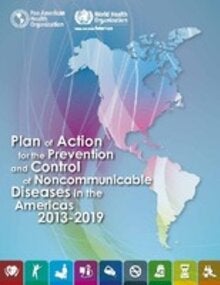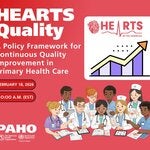Hypertension is the main risk factor for cardiovascular disease. In 2021, 2.6 million deaths from cardiovascular disease occurred in the Region of the Americas, of which about 662,000 corresponded to people between 30 and 69 years of age, which is considered premature and preventable deaths (2021 data). Hypertension affects 35.4% of the population between 30 and 70 years of age (2019 data), but is much more prevalent after those ages.
The Pan American Health Organization (PAHO) develops and promotes policies aimed at reducing salt intake, promoting healthy eating, encouraging physical activity and preventing overweight and obesity. It also leads initiatives that expand the detection and diagnosis of hypertension, effective treatment and follow-up, access to essential drugs for the control of hypertension, and strengthen the capacities of health personnel through education and training programs.
Systolic pressure between 120 and 139 mm Hg or diastolic pressure between 80 and 89 mmHg is considered prehypertension, which also increases the risk of heart attack and stroke. Without lifestyle changes, prehypertension is likely to develop into high blood pressure. Blood pressure of 140/90 mmHg or higher is considered high blood pressure.
Eating less salt can lower blood pressure. However, most dietary salt comes from consumption of processed foods rather than salt added at the table to home-cooked foods.
Lifestyle changes can prevent high blood pressure. Quitting smoking, avoiding harmful use of alcohol, getting more exercise, and eating less processed food can help prevent high blood pressure. However, for people who develop high blood pressure, medication is generally needed to control it.
The most effective prevention measures are in the realm of public policy. These include urban planning and transportation measures that encourage physical activity and persuading the food industry to reduce salt in industrially processed foods.
Knowing your numbers is the first step to lowering your chances of hypertension and cardiovascular disease.
Everyone should get their blood pressure checked regularly. If it is 140/90 mmHg or higher, talk to your healthcare provider about treatment. If you are prescribed medication, be sure to take it faithfully and as directed.
PAHO coordinates HEARTS in the Americas which disseminates best practices for the prevention and management of cardiovascular diseases to have a positive impact on the attributable burden of these diseases and move towards the achievement of the Sustainable Development Goals 2030.
HEARTS in the Americas is an initiative of the countries, led by the Ministries of Health with the participation of local actors with the technical cooperation of PAHO, which seeks to integrate smoothly and progressively to already existing health delivery services to promote the adoption of global best practices in the prevention and control of cardiovascular diseases (CVD), and improve the performance of the services through better control of high blood pressure and the promotion of secondary prevention with emphasis on quality improvement from a primary health care approach.



